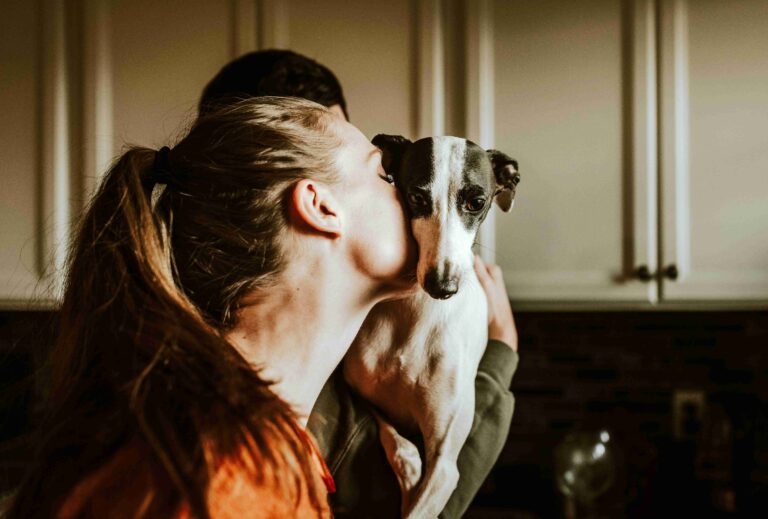How to Make Your Dog Smell Better: Grooming, Diet, and More
How to Make Dog Smell Better? – both with & without a bath! · 1. Feed a high-quality diet · 2. Keep up with your dog’s grooming routine.

How to Make Your Dog Smell Better. Dog owners understand the joy and companionship that a furry friend brings into a home. However, they also know that with this joy comes the challenge of keeping their pet smelling fresh. If not correctly managed, a dog’s odour can permeate a household, embedding itself into furniture and clothing. This guide offers comprehensive advice on tackling unpleasant dog odours through regular grooming, dietary adjustments, and maintaining a clean environment.
Understanding the Source
Before we can effectively address the issue of dog odour, it’s important to understand where these smells come from. Dogs can develop unpleasant odours from their skin, ears, mouth, and even their anal glands. Factors like diet, health conditions, and lack of grooming can exacerbate these smells. Identifying the source is the first step in creating an effective odour control plan.
Grooming Techniques
Regular grooming is crucial for keeping your dog smelling fresh. Here’s how to do it effectively:
Bathing Your Dog
- Prepare the Bath: Use warm water and a dog-specific shampoo that matches your pet’s skin type.
- Brush Before Bathing: This will help remove loose fur and mats, making the bathing process more effective.
- Wash Thoroughly: Pay special attention to odour-prone areas such as under the ears and around the neck.
- Rinse Well: Leftover soap can irritate and attract dirt.
- Dry Properly: Moisture can lead to mildew and worsen odours, so ensure your dog is thoroughly dried.
For in-between baths, consider using dry shampoo or grooming wipes. These products can help remove excess oil and dirt without the hassle of a full bath.
Dental and Ear Care
Maintaining your dog’s dental and ear health plays a significant role in controlling odours.
- Dental Care: Brush your dog’s teeth regularly with canine toothpaste and provide dental chews that help reduce plaque and freshen breath.
- Ear Care: Clean your dog’s ears with a veterinarian-approved solution, especially if your dog is prone to ear infections, which can produce a strong odour.
Dietary Adjustments
What your dog eats affects its overall health and smell. High-quality, balanced diets support a healthier coat and skin and reduce odours.
- Probiotics and Supplements: These can improve digestive health and reduce gas.
- Quality Protein Sources: Look for foods with whole meats instead of by-products to enhance coat quality.
Environmental Control
Your dog’s living environment contributes to their overall smell. Regularly washing bedding and any fabric your dog frequently touches can significantly reduce household odours. Additionally, air purifiers and odour eliminators designed for pet smells can keep the air in your home fresh.
Health Considerations
Despite good hygiene practices, persistent foul odours could indicate an underlying health issue. Regular veterinary check-ups can help identify problems such as infections, dental diseases, or skin conditions early on.
Conclusion
Managing your dog’s smell is a multifaceted approach that involves proper grooming, diet, and environmental cleanliness. Understanding the odour sources and addressing them through regular care routines can keep your dog and home smelling pleasant. Remember, a healthy dog is a happy, better-smelling dog. Implement these tips, and don’t hesitate to consult your vet for personalized advice, especially if your dog’s odour is persistent and does not improve with primary care.
We’d love to hear your tips and experiences in making your dog smell better. Share your stories in the comments below!






